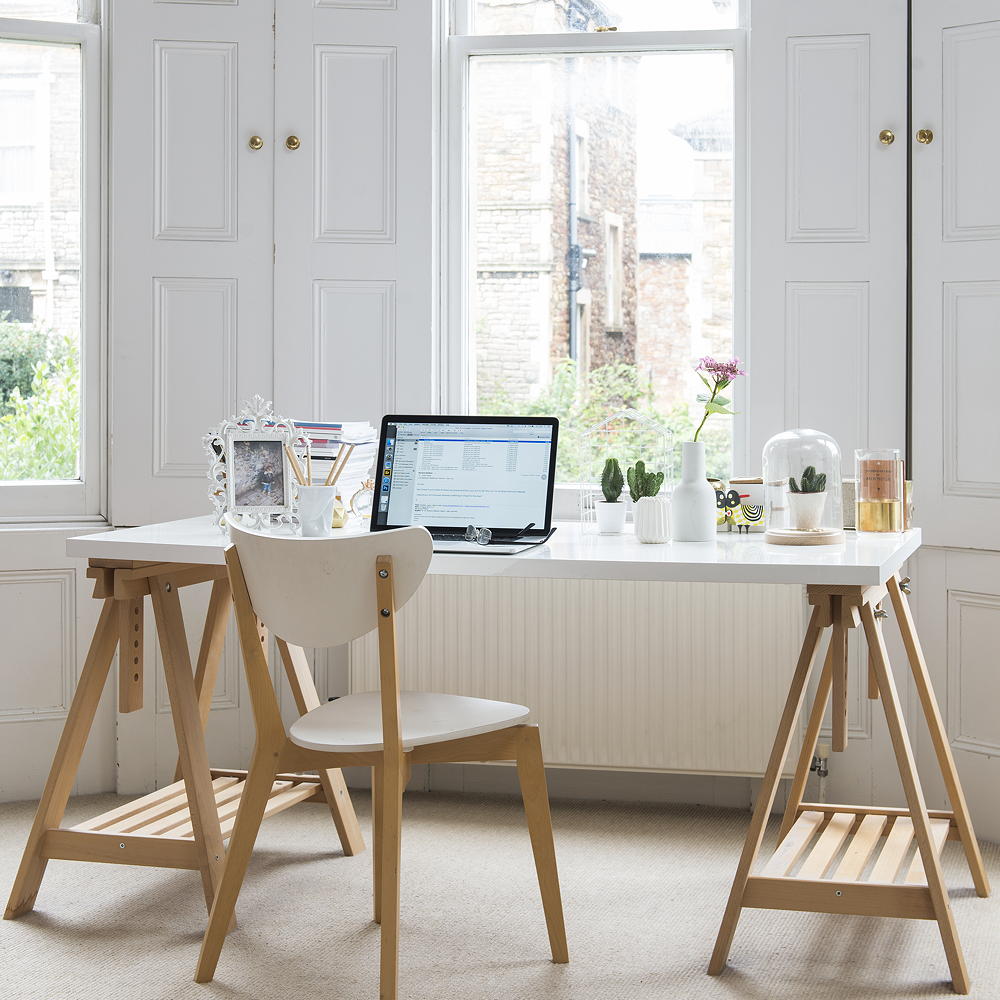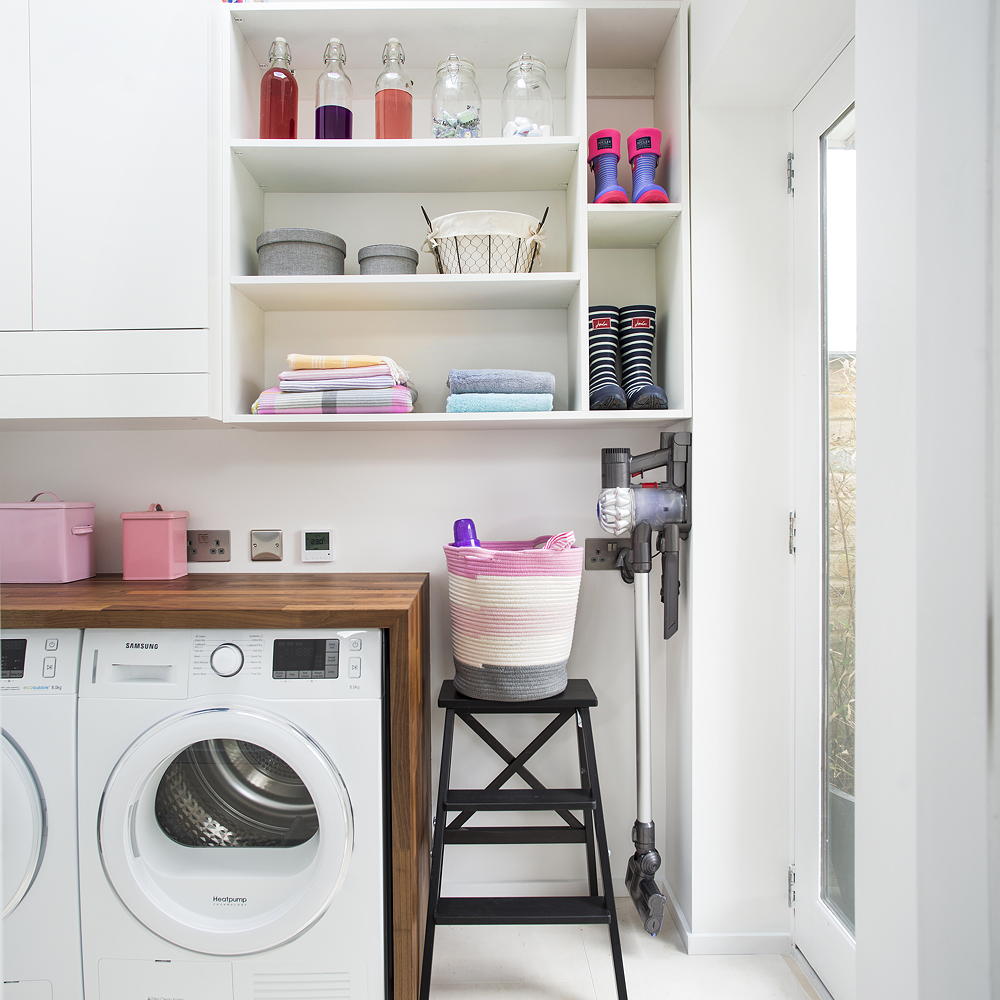How unexpected bills could be costing you an extra £328 a year
It might be worth saving for that rainy day

Sign up to our newsletter for style inspiration, real homes, project and garden advice and shopping know-how
You are now subscribed
Your newsletter sign-up was successful
Many of us live in fear of those unexpected bills, having to splash out to fix a shattered phone screen or mending a boiler that's on the blink. It's these costs that can often leave you scrambling and to afford to pay your rent or mortgage that month, and holding your breath until payday.
Related: Scientists reveal how to save nearly £300 on your heating bills – and it's very simple
New research has revealed that the average adult splashes £328 on unexpected bills every year. A poll of 2,000 adults found unexpected payments cost Brits £17 billion every year, with having to replace a broken mobile phone and fixing an oven the most common.
As a result of the unplanned payments, half were left feeling stressed while a further two in five felt anxious and unprepared. While one in five were left in debt after an unexpected bill, with a tenth having to move back in with their parents because they couldn’t afford to pay for their home.
Unexpected bills
John Pears, UK managing director of Lowell, which commissioned the research, said: 'Life is full of unexpected events, some have an obvious cost, but with others it’s a secondary consequence - like needing to take time off work and losing pay. The danger of not planning for a ‘rainy day’ is that it can lead to extra costs, and potentially get out of control, making the situation worse.'

The study also revealed the average ‘biggest’ unexpected payment was £924, but three in 10 don’t have savings put aside for such events. For 45 per cent, this is because they don’t having enough income to save anything while an eighth admitted they live paycheque to paycheque so this isn’t possible.
A confident 15 per cent who do not have savings simply said they will pay for an unexpected bill out of their normal bank account. But those who do put money aside squirrel away an average of £147 each month - a total of £1746 a year.
Sign up to our newsletter for style inspiration, real homes, project and garden advice and shopping know-how
Around three in 10 Brits have had to fund an unexpected payment by taking out a credit card, while more than a sixth have taken out a loan or overdraft to see them through.

It also emerged unforeseen bills have left almost a third struggling for necessities such as electric, gas and food while 56 per cent have had to forego other things including holidays and buying things for their children.
Worryingly, those polled predicted if they had to stop working now for any reason they would be able to keep up with current outgoings for nine months.
And if an unanticipated bill came through now 41 per cent said they would be able to pay it but would worry, while more than an eighth would have to ask a relative or friend for help. Similarly, one in five of those polled, via OnePoll, said they would turn to their partner or parents first, while 13 per cent would go straight to the bank for assistance.
The study also found that while 45 per cent believe unexpected payments should be expected as part of life, one in five wish there was more help out there to deal with such costs.
And almost two thirds agreed lenders and creditors should offer free budgeting advice to anyone who is dealing with debts in order to manage their money and avoid future issues.

'A broken washing machine or blocked drain can happen to anyone, and are inconvenient and stressful enough without worrying about how you’re going to pay for it,' says John Pears. 'Having something put aside can help deal with the financial shock and stress of those surprise bills and expenses, even a small amount can make a difference.'
'Based on the research, the average savings needed to cover unexpected bills works out at less than a pound per day across the year. We know that for some people even that can be unaffordable,' he explains. 'What we also see from our work, and the research of others, is that some people who live payday to payday and don’t track what’s coming in or going out may not even realise they actually have some spare cash they could put aside to cover those nasty surprises.'
Related: MoneySavingExpert reveals homes in THIS area could be paying £72 more for gas and electricity
So next time you get your pay check through, even if you're not saving for a deposit, consider putting away a small amount to prepare for those unexpected bills.

Rebecca Knight has been the Deputy Editor on the Ideal Home Website since 2022. She graduated with a Masters degree in magazine journalism from City, University of London in 2018, before starting her journalism career as a staff writer on women's weekly magazines. She fell into the world of homes and interiors after joining the Ideal Home website team in 2019 as a Digital Writer. In 2020 she moved into position of Homes News Editor working across Homes & Gardens, LivingEtc, Real Homes, Gardeningetc and Ideal Home covering everything from the latest viral cleaning hack to the next big interior trend.